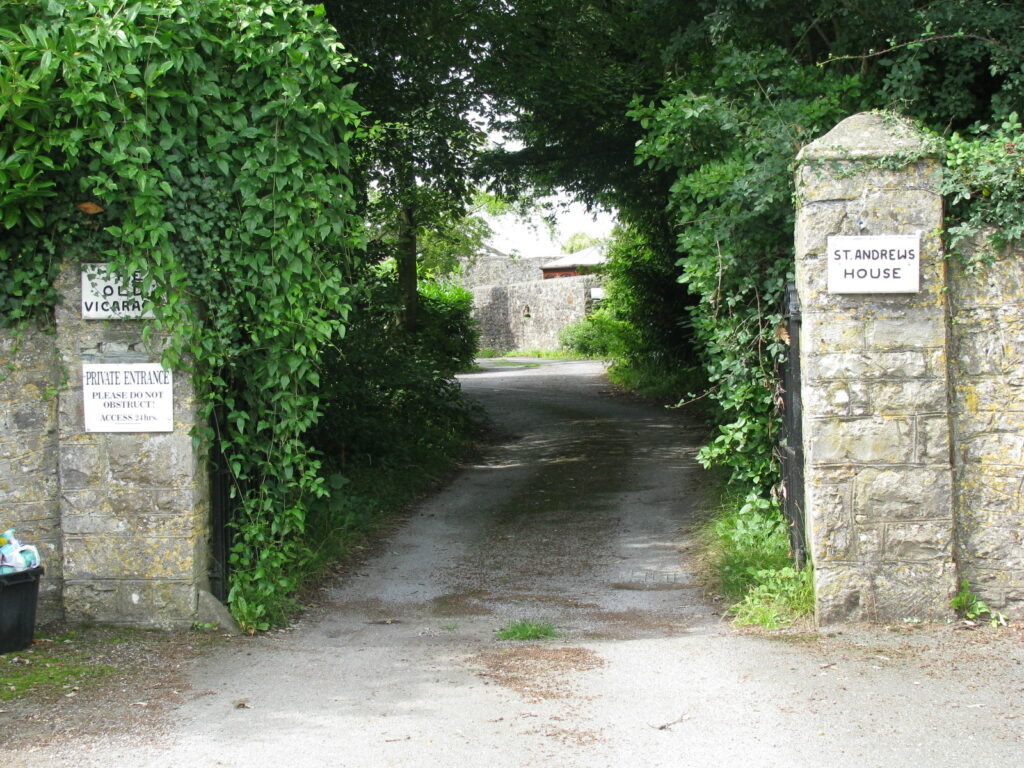I read this report with more than a little interest:
Cheddar Gorge locals are facing a 21-mile detour this week as filming crews descend on the iconic Somerset beauty spot to shoot scenes for Danny Boyle’s new horror movie 28 Years Later.
Somerset Council has announced that the B3135, the main road which runs through the attraction, will remain closed until this weekend, and maybe longer, to accommodate the film crew.
The way that I see it, closing this road is a blessing, not a curse.
You see, I’ve been through the Cheddar Gorge (it’s the road leading into the town of Cheddar) and it’s unusual for the area in that one minute you’re driving through the normal exquisite West Country farms and pastures, and the next you are plunged into a deep ravine, which goes on for miles and miles until you reach the picturesque town itself.



Unfortunately, this being Britishland, tens of thousands of people think it would be a nice place to visit, so the road is crowded not only with cars driving on it, but miles and miles of cars (and buses!) parked along its verge.


These pics were taken in late summer, and the traffic congestion spoiled the entire trip for me.
As for Cheddar itself: standard gorgeous little West Country village, marred by the fact that it has no parking for the jillions of cars that invade the place all through the summer.



For tourists, don’t bother trying to get some of the famous Cheddar cheese there — it’s sold all over Britain anyway, and there’s nothing special about buying it there. (The little ice cream shop on the main street, however, sells possibly the best ice cream I’ve ever tasted.)

As far as I’m concerned, the locals should look on the closure of the Gorge road as a chance for some blessed (and rare) peace and quiet.
Tourist tip: during the summer, avoid like the plague. It may be worth a visit during late fall or winter (don’t know for certain), but I wouldn’t risk it.
Go to Norton St. Philip (it’s on the way to Cheddar) instead, and spend a few hours in the George Inn pub (fantastic food and… 6X!!!).

You’ll thank me for it.



















 ...four down, four to go, apparently. (no link because ugh)
...four down, four to go, apparently. (no link because ugh)









